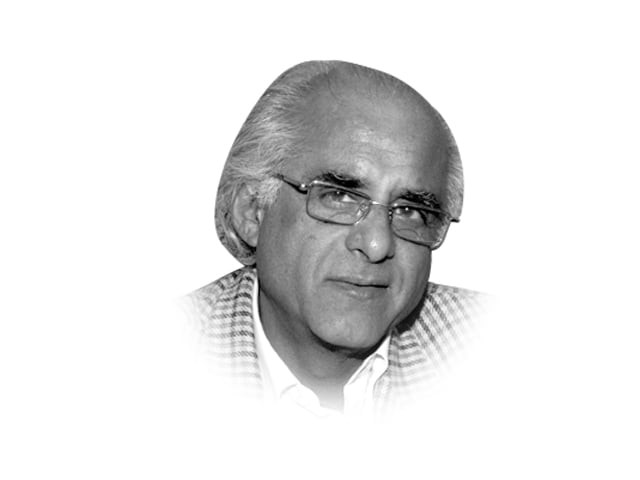Jalaluddin Khwarazm
When Jalaluddin knew defeat was certain, he madly galloped his horse to the river edge and leaped off.

Alauddin (aka Ata Malik) Juvaini wrote his masterful Tarikh-e-Jahan Kusha (History of the World Conqueror, circa 1255) and preserved the real history of the shameless Jalaluddin.
It was the beginning of the 13th century and Chengez Khan was on the ascendant. Having subdued and united the many free-ranging Mongol tribes, he was reaching westward. As he neared the valley of the Syr Darya, the Khan sent an embassy to Mohammad, Jalaluddin’s father. Besides court officials, there were over four hundred Muslim traders with merchandise of great value. The message to the Sultan was to take this overture as an invitation to friendship and opening up of trade and travel between the two dominions.
Disturbed by the Mongols unbroken string of victories, Mohammad, who called himself Alexander, was clearly bereft of reason. The merchants were ruthlessly murdered, their goods confiscated and the ambassadors expelled. Chengez Khan promptly sent another embassy seeking redress. One of the three officials was beheaded. The beards of the remaining officials were shaved and they were expelled in humiliation.
Changez Khan then came down on Khwarazm like an all-destroying tempest. Mohammad fled and died on an island in the Caspian, his son hard put to procure even a shroud for the fugitive. Taking up the banner, with the Mongols hard on his heels, Jalaluddin fled first to Afghanistan and then across the Suleman Mountains into the Peshawar valley.
Outside the village of Nizampur (Nowshera), by the banks of the Sindhu River, a great battle was fought in February 1221. Changez Khan’s Mongols prevailed. When Jalaluddin knew defeat was certain, he madly galloped his horse to the river’s edge and made it leap off into the cold blue eddies below. Fraudsters like Hijazi bill him a hero because, Juvaini writes that the Khan called up his sons and pointing to the fleeing coward said that a father should hope to have a son as courageous as him.
Safe on the Punjab side, Jalaluddin stuck his spear in the ground and hung his wet clothes on it to dry. He watched the ransacking of camp and the rape of the women of his family on the far side. What Hijazi does not tell his readers is that Changez Khan also told his sons that the greatest pleasure for a man was to warm his bed with the women of his defeated foe’s family.
By the time Jalaluddin was facing the Khan in battle, he well knew that rape was a Mongol instrument of war. He would surely have known how Samarkand and Bokhara suffered because of his father’s foolishness. And he would have known, too, what the Pakhtuns of Bamian and the Kabul valley faced. It is not for nothing that we today know that the Mongol gene pool is the widest spread in the entire world.
Had he been anything but a coward, Jalaluddin would have fought to the bitter but glorious end. He fled and watched his family being raped. And we are told he was a Muslim hero! He had surely not known of the Rajput way of Johar. When defeat is imminent, the Rajputs burn their families alive and go into battle without head or footgear. Not one man returns alive. That is the essence of true courage, as we, the people of the great and wonderful lands of the subcontinent have forever known it.
In the Attock district, not far from the village of Sojhanda, there is a place on the banks of the Sindhu they call Ghora Trup — the Horse’s Leap. Here a natural stony ramp extends into the river. On the far bank, a couple of hundred metres upstream is a high, sharp verge. Standing there I have seen Jalaluddin Khwarazm’s leap into the river and the languid flow of the February current carry him to the ramp they call Ghora Trup.
Published in The Express Tribune, January 28th, 2012.














COMMENTS
Comments are moderated and generally will be posted if they are on-topic and not abusive.
For more information, please see our Comments FAQ